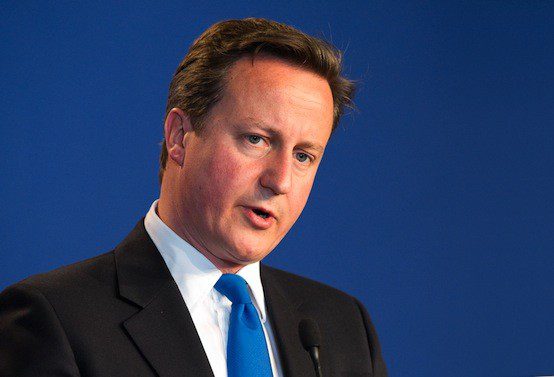Initial Thoughts on the British Election

According to exit polling and early returns, the Conservatives are on track to win the most seats and possibly even win an outright majority on their own. Despite huge losses for the Liberal Democrats, there should be enough seats for the junior coalition partner to continue the existing arrangement with the Conservatives. The SNP has been sweeping all before it in Scotland as expected, and the exit poll’s projection of 58 seats seems very likely to be realized when the night is over. The initial report of the exit poll was met with widespread skepticism, because it showed the Conservatives to be beating Labour by a much wider margin than anyone had anticipated. This clashed with polls that had shown the leading parties in a virtual tie for weeks, but as results began to come in it seemed clear that the pre-election polls had missed something. They may have been a late surge of support to the Tories, or would-be Labour voters may have failed to turn out at the expected rate, or it’s possible that many voters were embarrassed to admit they were voting Conservative but ended up doing so. A decent showing by UKIP candidates in many constituencies also contributed to Labour’s defeat, but for that insurgent party their showing will be offset by the defeat of Nigel Farage, the UKIP leader.
Whatever the explanation for the polling error, Labour is facing its worst defeat in almost thirty years, and Ed Miliband will shortly have to give up the leadership or be deprived of it. It would have been remarkable if an opposition party had been able to dig its way out of such a deep hole as the one Gordon Brown left Labour in five years ago, but Miliband apparently managed to find a way to dig the hole still deeper. Some of that was beyond his control, and some of it owes to Labour’s failure to represent its core supporters for decades, but it happened while he was the leader and he’ll be the one to take the blame for it. Cameron will remain prime minister at the head of a more heavily Conservative-dominated coalition. The SNP will have a huge bloc of MPs with which to criticize and attack the new government’s policies. The SNP will thrive on the a new Tory-led government, and the comprehensive failure of Labour all over the U.K. will strengthen its argument that the different parts of the union are too far apart politically to remain together. At the same time, the presence of a large bloc of Scottish nationalist MPs will drive a deeper wedge between English voters’ interests and unionism. The next government may try to manage these problems through some sort of federalism, but it may be too late for that to do any good. Because of all this, the U.K. is most likely living on borrowed time.
Update: Final results give Conservatives 331 seats, Labour is reduced to 232, and the SNP take all but three seats in Scotland. Liberal Democrats hang on to just eight seats, and UKIP retains its seat in Clacton.
Comments